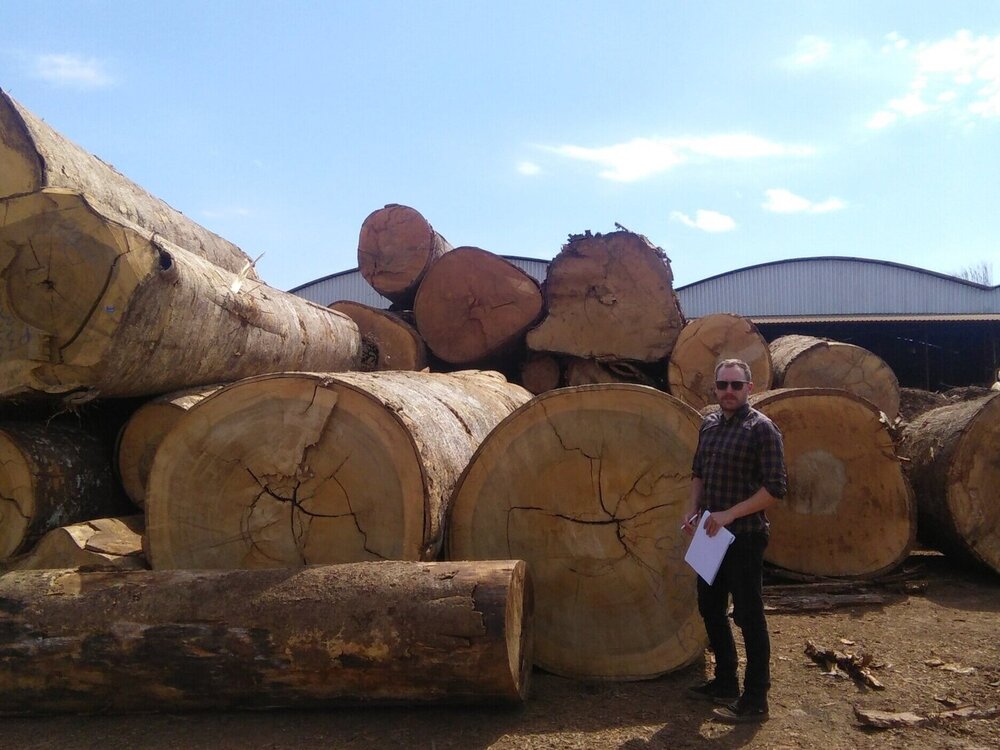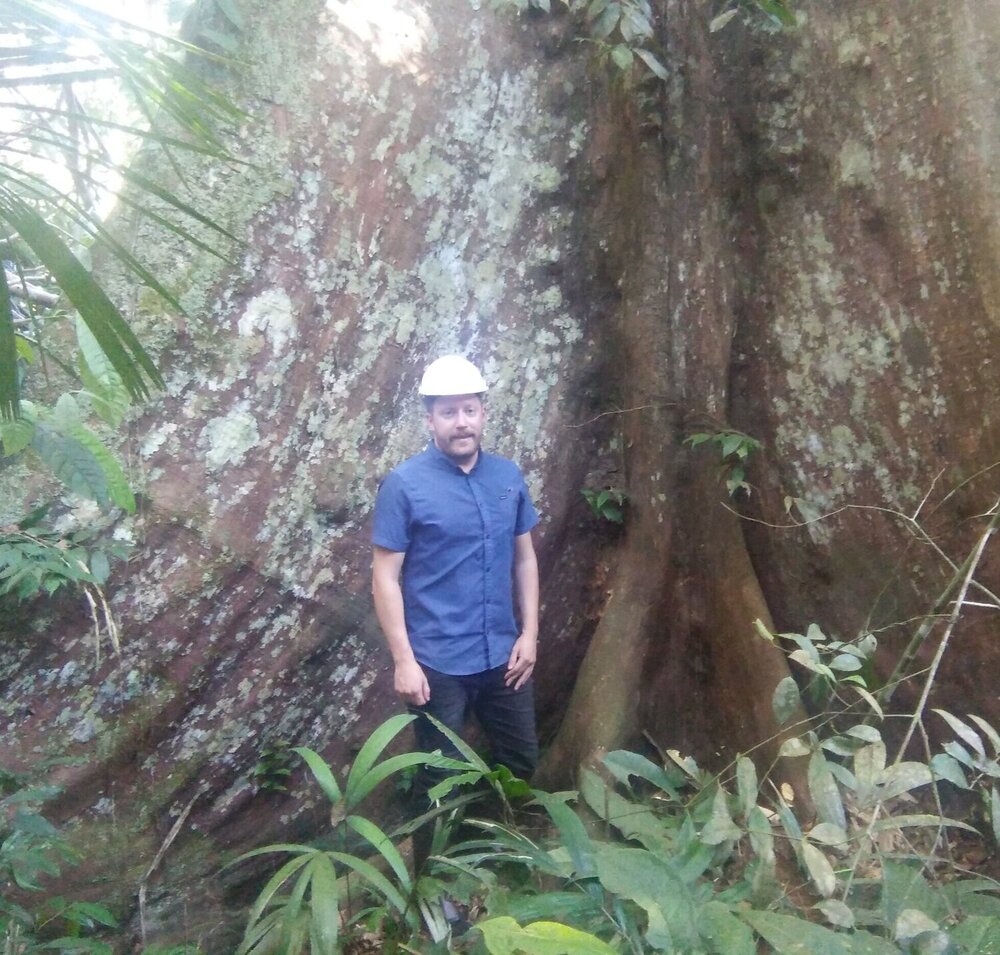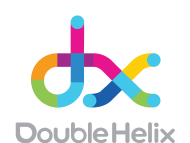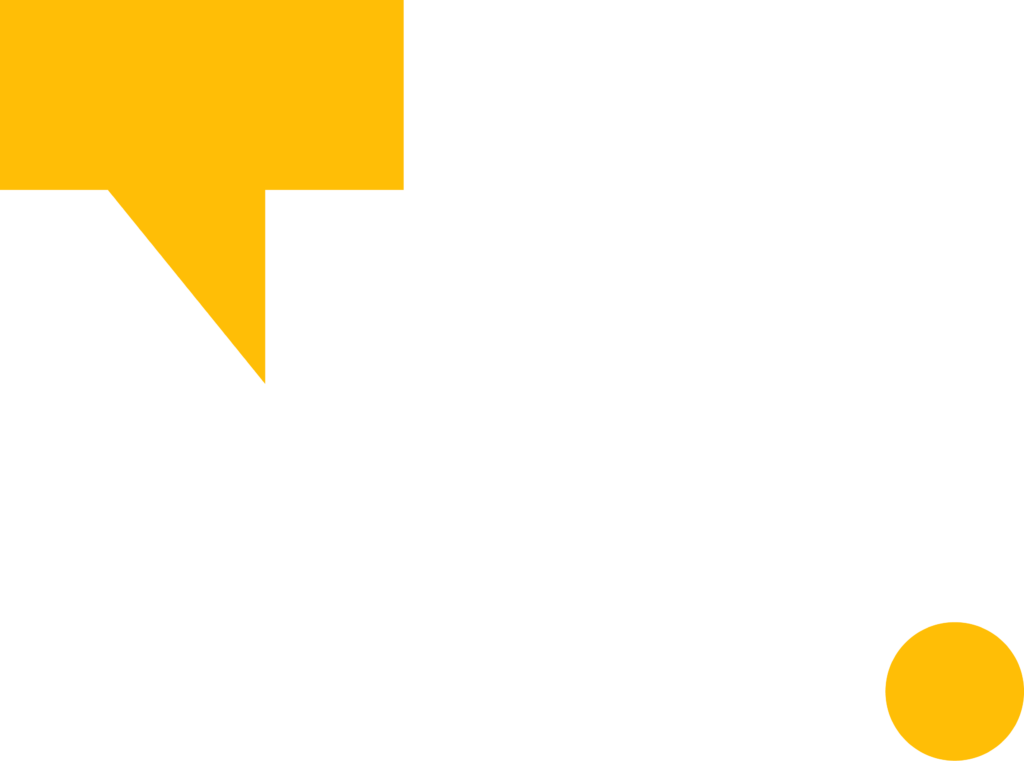Digging ditches to save trees or digging dirt on illegal loggers. That’s all been in the experience of Max Horowitz-Burdick.
He’s ready to admit that now he spends most of his time helping companies to make sure that the timber products they import or export – including pulp and paper – are responsibly sourced and the whole supply chain is effectively managed and monitored.
Max does this as Director of the Americas for Double Helix Tracking Technologies from his base in Denver, Colorado.

Besides working for clients in the United States, he’s also responsible for developing a knowledge base and a presence for Latin American suppliers. In the process, he’s growing the company’s reputation as a trusted third party for the analysis and verification of timber supply chains.
He’s well aware of the destruction of the Amazon rainforests through raging fires, deforestation, illegal logging and some “authorised activity” by big players in forestry and farming. He points to reports on Mongabay and BBC about deforestation in Brazil and the risks businesses face in sourcing from companies and regions which have not been subjected to thorough due diligence and verification.
Max helps put in place DoubleHelix procedures, which can involve DNA and isotope testing of wood samples to verify exactly where they’ve come from. Mostly though his work involves determined checking of documentation and tracking the movement of timber from forest to mill and then on to the importer in the US.
Max also visits Brazil, for example, to personally check out the origin of the timber products and conduct risk assessments of the mills processing and exporting products to North America.
Wood veneers are an important export from Brazil to the US and other markets, and Max has been directly involved in verifying the supply of veneers from three different States in Brazil. DoubleHelix makes sure that what’s exported/imported can be tracked every step of the way from legal and responsibly managed forest sources.
“We’re able to show that there are a number of legitimate and responsible suppliers of veneer for the US market. Our verification process is rigorous and transparent.
“Even if we don’t subject timber samples to scientific testing, we can be certain that it meets the requirements of importing countries, which are strict in observing any breaches of international and local laws regarding forest protection and human rights,” Max insists.
It’s all part of what Max learned to do when he first joined DoubleHelix in Singapore in 2014. He quickly became aware of the important processes involved: comprehensive verification, risk assessment and risk mitigation solutions for supply chains in support of the legal and responsible global trade in timber products.

He learned all about combining cutting edge scientific technologies with on-the-ground audits and inspections. The need for independent verification of product claims, as well as building trust and assurance in wood products.
It helped that Max had some hands-on experience in the timber business. He served as Forestry Technician for the National Park Service in the state of Alaska for more than 3 years.
Prior to that he was engaged in back country trail construction in the Conservation Corps in Idaho and Montana. As a member of the chainsaw operations crew, he was involved in felling, clearing and bridge construction. “We even had to dig ditches!”
Through it all – and his current work at DoubleHelix – Max has come to appreciate the tremendous role the forests play. Not only to absorb CO2 and generate oxygen, but to provide for the biodiversity we need for the natural world and life on earth.
But he also knows that forests can and do provide for the livelihood of people. Protecting natural forests is so important, so is a future for indigenous communities and those who live in and around forests.
Of course, he’s very concerned when he sees forests destroyed by out of control fires or wanton land-clearing for agriculture or pasture on a grand scale.
But he believes the answer to all this is effective forest management – every step of the way. Natural forests can be protected. Commercial forestry can survive and thrive.
Sustainable forestry and forest certification are vital. But he believes it’s doubly important to put in place all the checks and balances to make sure we know precisely where the timber products are coming from and how they get to the end user or consumer. Every step of the way.
That’s what Max can help provide, by putting in place all the DoubleHelix processes necessary to verify the timber supply chain, using the scientific and the practical tools. Visualising it all transparently using Sourcemap.
Just as Max has seen it all in the heart of an frozen Alaskan forest or in the Amazon tropical rainforest, when the heat is on companies to prove they are only using responsible sourced timber, DoubleHelix can help manage those sourcing and supply chain risks.


